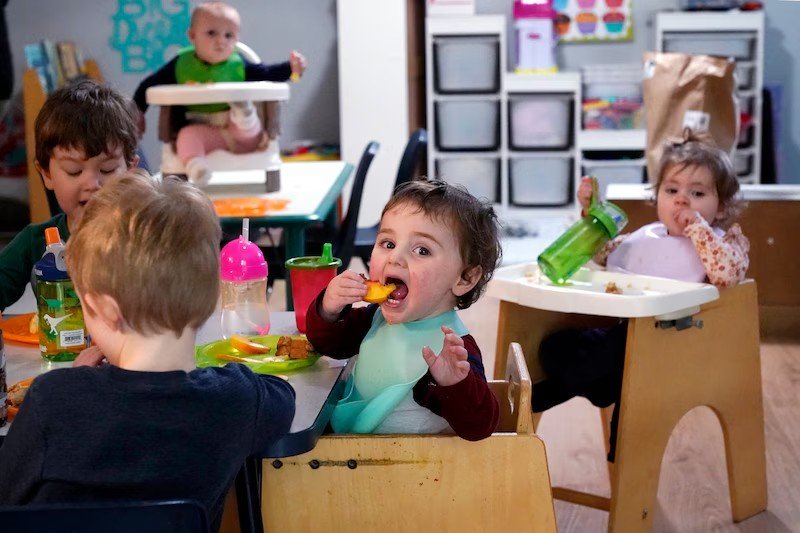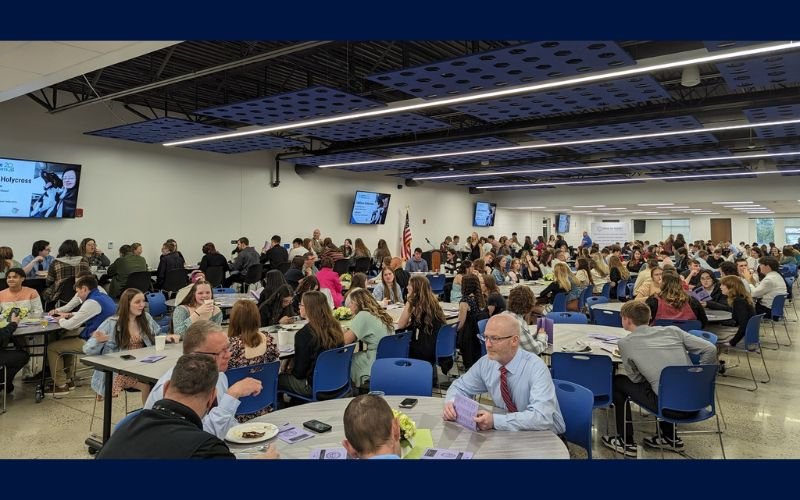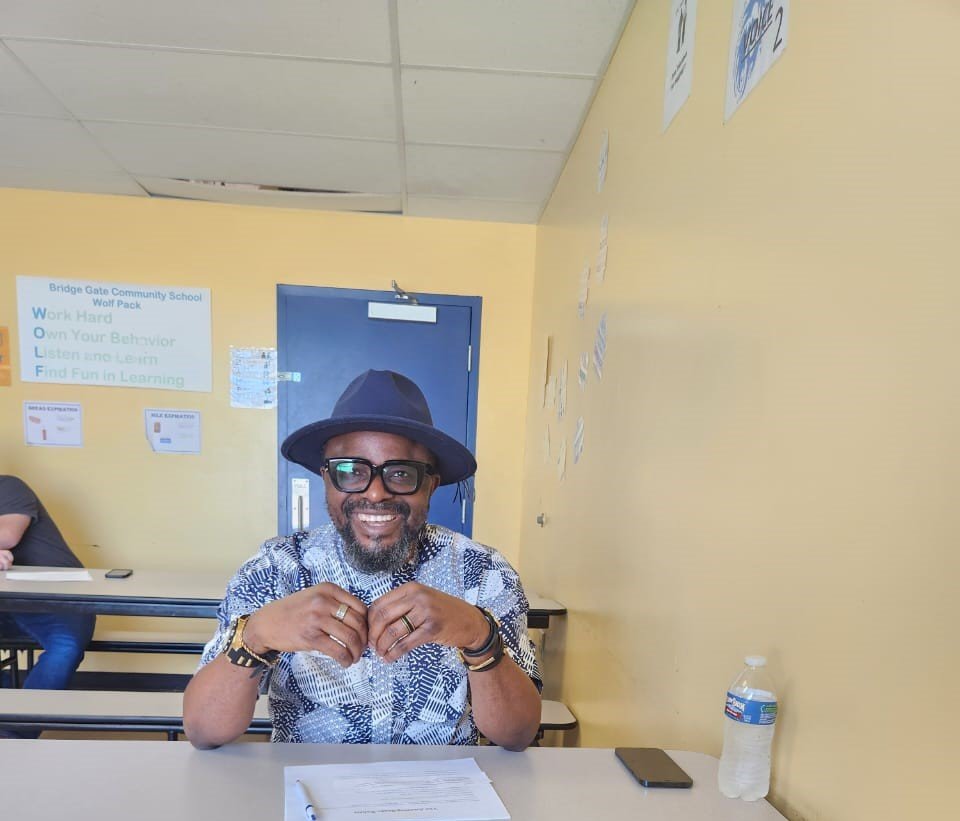Reimagining and Redesigning Education: Perspectives from Columbus City Schools’ Panel Discussion
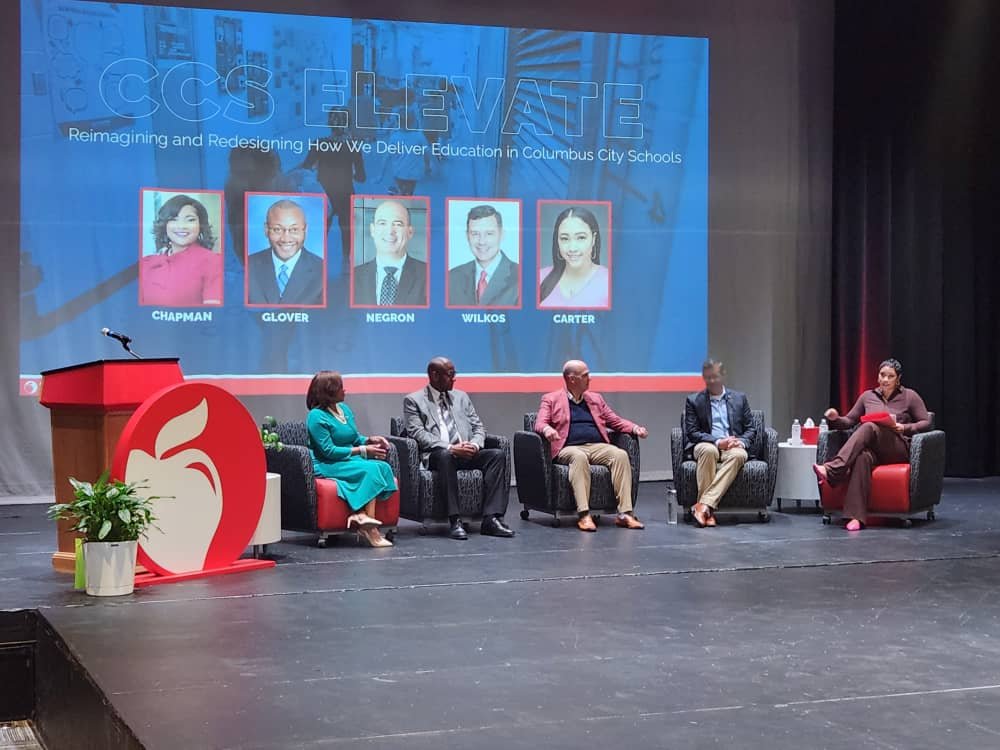
By Taiwo AKINLAMI
Columbus, OH–At the Fort Hayes Metropolitan Education Center, a transformative dialogue unfolded during the CCS Elevate event, centered on reimagining how education is delivered within Columbus City Schools. The panel, led by Superintendent Dr. Angela Chapman, explored a multifaceted approach to education that integrates community involvement, modernized facilities, and a forward-thinking educational framework.
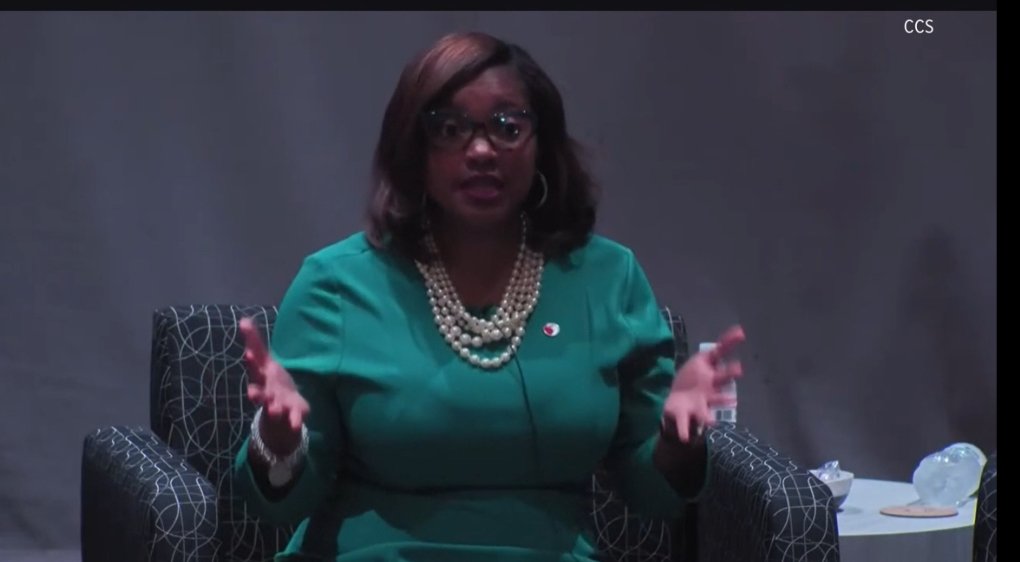
Dr. Angela Chapman: Fostering Success through Enhanced Learning Environments
Dr. Angela Chapman commenced the discussion with a passionate outline of her vision for Columbus City Schools. Emphasizing the necessity of creating conducive learning environments, Dr. Chapman highlighted the district’s initiative to align educational spaces with the evolving demands of the workforce and societal dynamics. “Our aim is to prepare our students from an early age with robust pathways that intertwine with real-world industry experience,” Chapman stated. She underscored the strategic reallocation of resources to support innovative learning spaces that encourage collaboration and creativity among students.
Michael Wilkos: Community Engagement and Socio-Economic Influences
Michael Wilkos, Vice President of Community Engagement at United Way of Central Ohio, steered the conversation towards the integral role of socio-economic factors in educational outcomes. Wilkos discussed the impact of historical and current socio-economic dynamics on educational equity. He pointed out that systemic issues such as redlining and economic disparities have long-lasting effects on community stability and, by extension, student success in schools. “To build stronger communities, we need to ensure that our educational initiatives are deeply interconnected with the socio-economic realities of our neighborhoods,” Wilkos advocated.
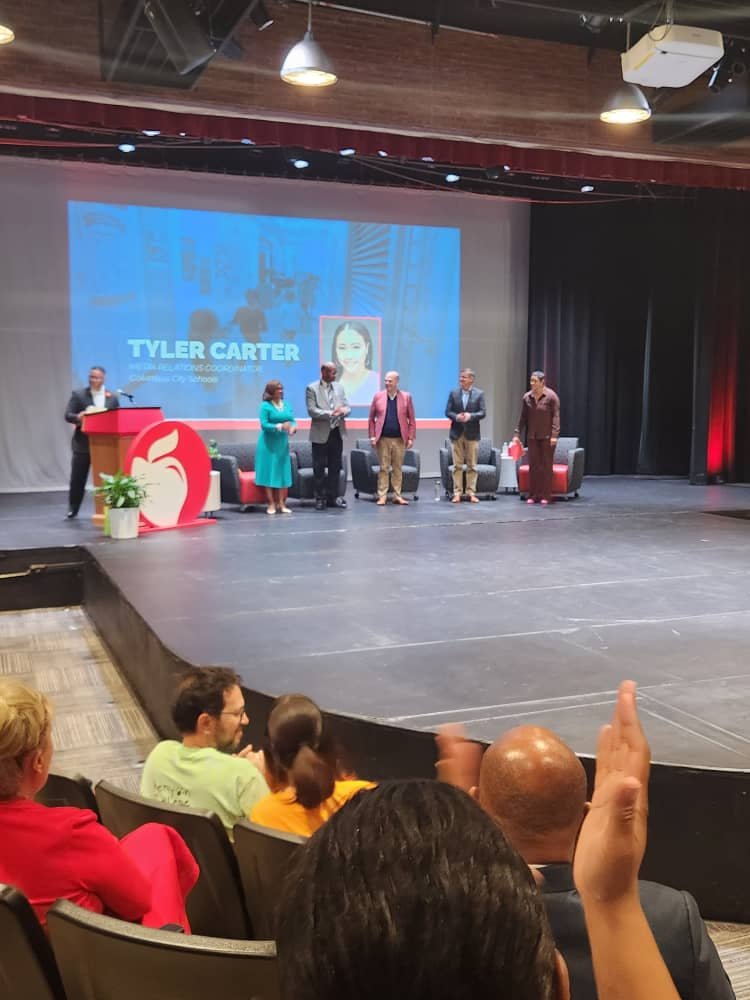
Troy Glover: Innovations in Learning Spaces
Troy Glover, an Accredited Learning Environment Planner, shared insights on the physical aspect of educational reformation. Glover discussed how the design of school facilities can significantly influence educational effectiveness. “Instruction drives construction. Our focus should be on creating spaces that reflect modern pedagogical practices and cater to the diverse needs of the community,” he explained. Glover highlighted the importance of community-centric designs that accommodate not just academic activities but also serve as hubs for health, recreation, and social services.
Jim Negron: Strategic Resource Allocation
Jim Negron, President of CK Construction and Co-Chair of the Superintendent’s Community Facilities Task Force, focused on the strategic aspects of facility management and resource allocation. He addressed the challenges of maintaining older buildings and the necessity to shift resources towards more direct educational purposes. “It’s imperative that our spending aligns more with instructional needs rather than just infrastructure upkeep,” Negron pointed out. He advocated for a balanced approach where facility improvements and educational investments go hand in hand to foster an environment conducive to learning and development.
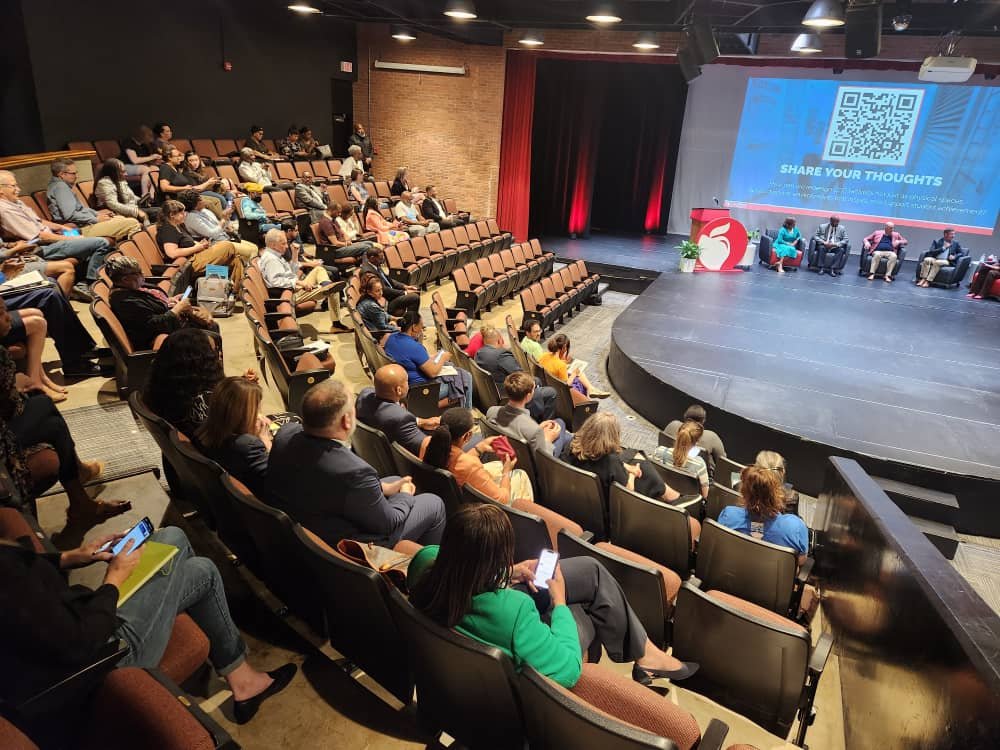
Conclusion: A Unified Vision for the Future
The panel concluded with a unanimous agreement on the need for a holistic approach to education reform. Each panelist emphasized the interconnectedness of their fields, from infrastructure and community engagement to educational policy and facility management. As Columbus City Schools moves forward, the insights from this discussion are set to influence a comprehensive strategy aimed not just at academic excellence but also at nurturing well-rounded individuals equipped to face the challenges of the future.
By integrating community insights, modernizing learning environments, and focusing on equitable resource distribution, Columbus City Schools aims to be at the forefront of educational innovation and success. The event not only highlighted the challenges but also charted a path forward, inspiring all stakeholders to work collaboratively towards a transformative educational experience for every student.

